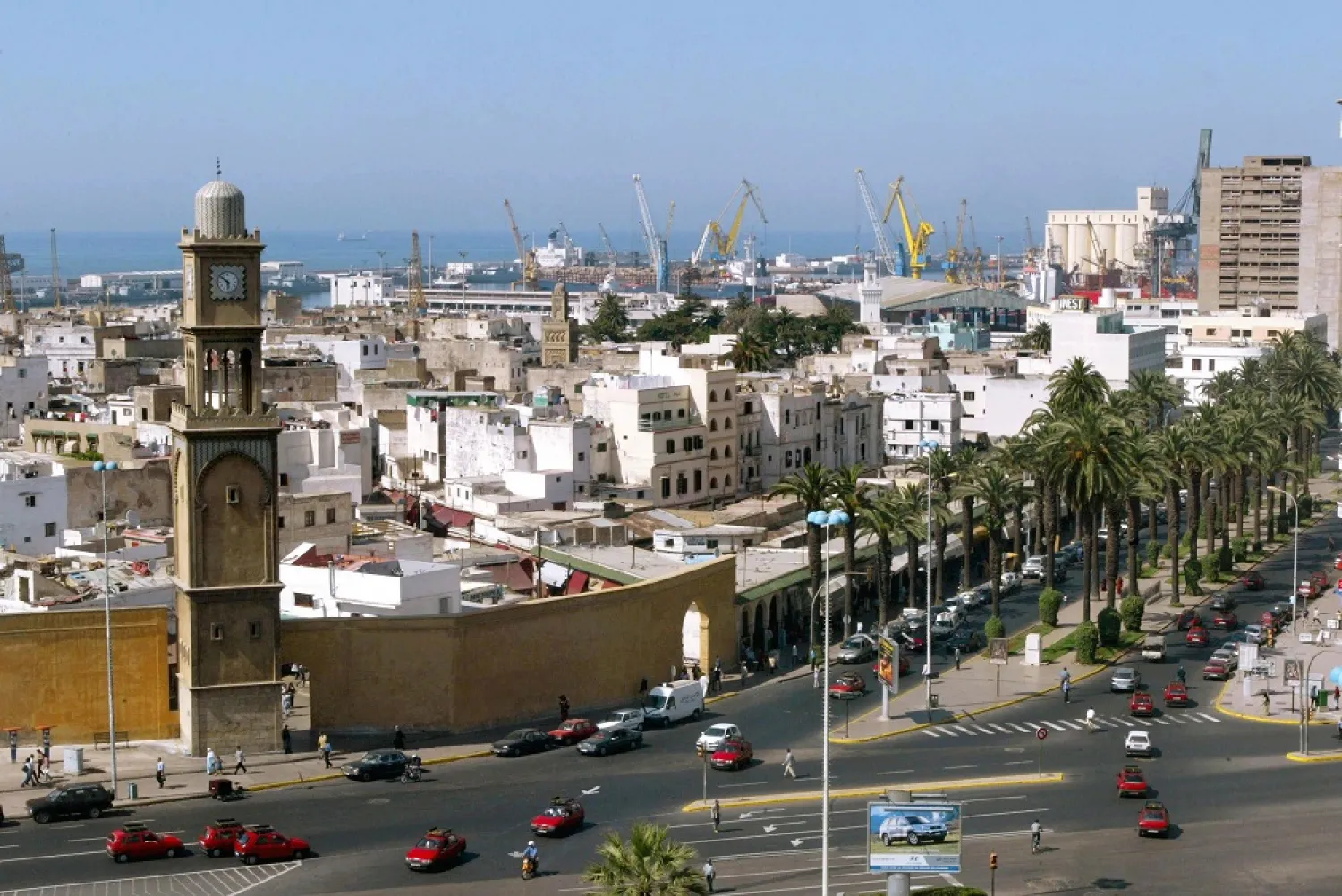The Moroccan household confidence index fell to 74.9 points in the second quarter of this year, from 79.1 points in the previous quarter and 87.3 points recorded in the second quarter of last year.
Morocco's High Commission for Planning (HCP) carried out the Permanent Household Status Survey that revealed the household confidence index continued its downward trend which started over a year ago.
It added that the decrease in the index reflects the decline of all the indicators constituting it.
Regarding the households' views on the general development of the living conditions, the report highlighted that 46.2 percent noted a deterioration in their living standards during the preceding 12 months, while 32.9 percent of households said the standards of living had remained stable and 20.8 percent had seen improvement.
On household predictions for the development of living standards over the next 12 months, 27.3 percent expect it to continue to deteriorate, 40.6 percent consider it will be stable and 32 percent expect to see improvement.
Regarding unemployment, the study highlighted that households were more pessimistic during the second quarter of the current year compared with the same period last year.
Research showed that 83 percent of households expected a rise in unemployment during the next 12 months, compared to 6.1 percent that expect a decline.
The field research, carried out by the Commission every three months, also showed that 61.4 percent of households considered that during the second quarter of 2019 the conditions were not suitable for buying sustainable goods, while 20.1 percent said the opposite.
In terms of household finances, 62.4 percent of households reported that their income was sufficient to cover their expenses, while 34.2 percent reported that their expenses were depleted or they resorted to borrowing because of insufficient income.
Only 3.4 percent of the households managed to save part of their income, with 16.7 per cent of households said they could save within the next 12 months, compared to 83.3 percent of those who said otherwise.
Regarding the development of households financial status during the past 12 months, 32.7 percent said they had improved, compared to 8.5 percent that reported deterioration.









